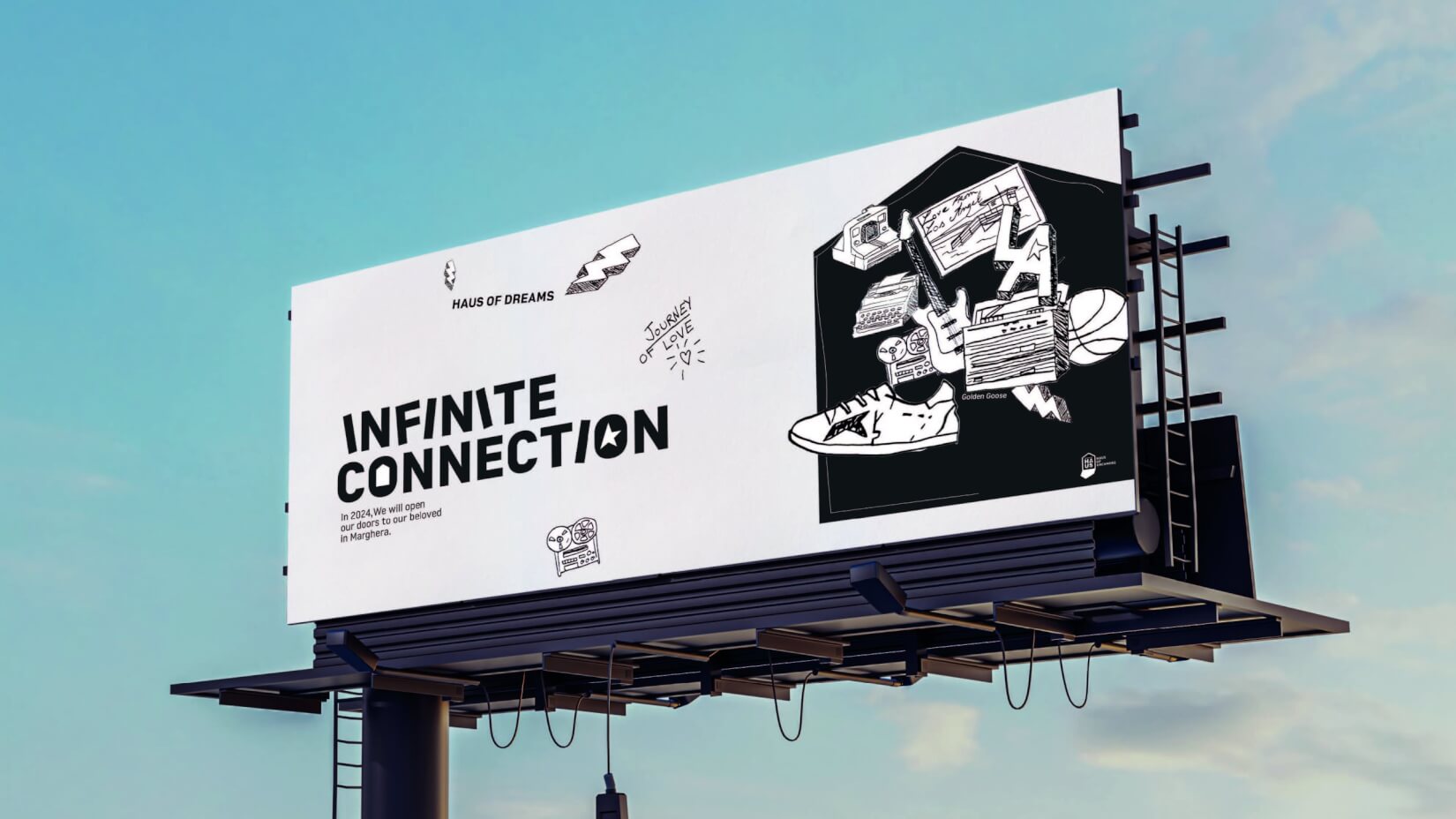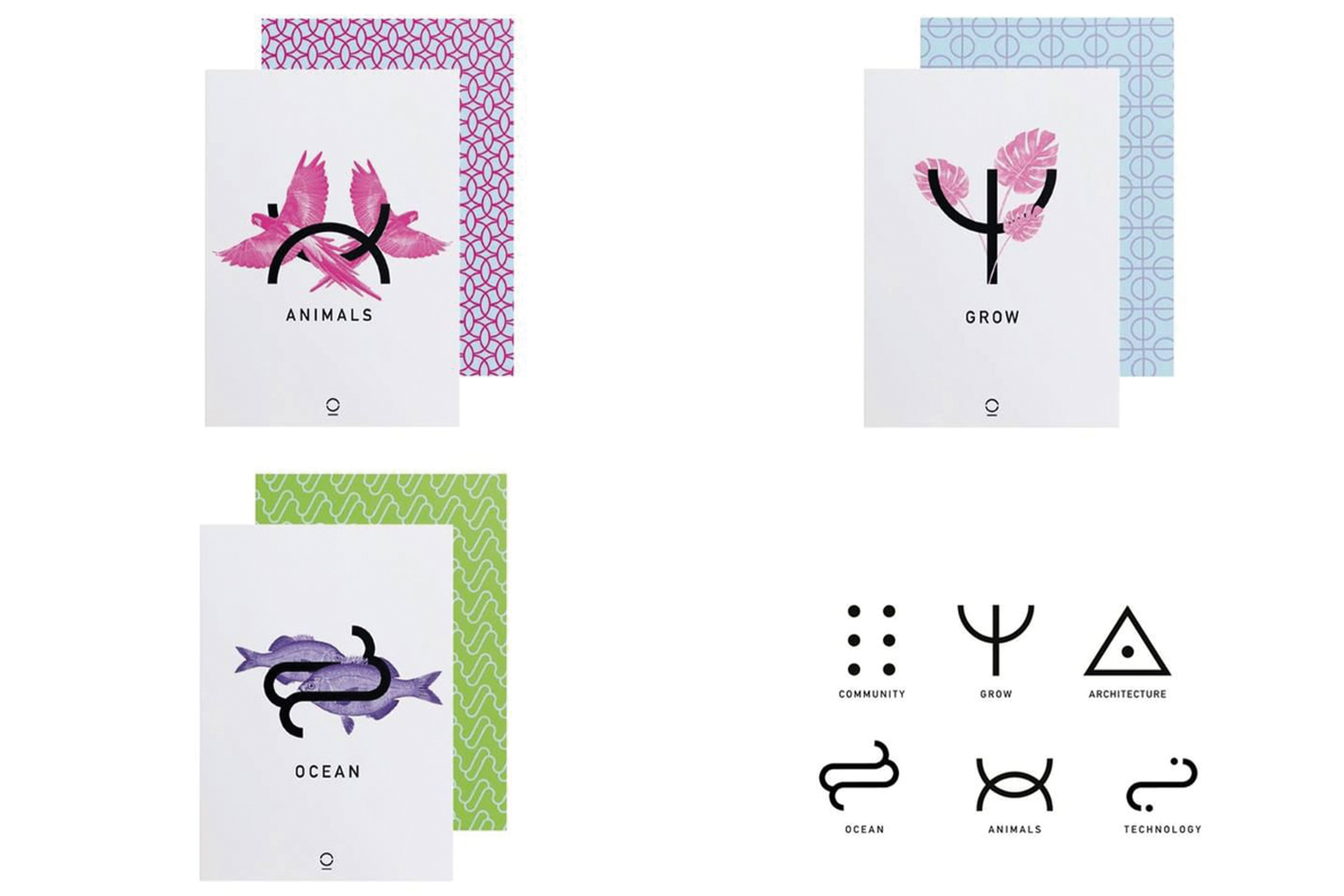Master of Arts in
Communication Design
Course length
2 Academic Year
Start
January 2025
Language
English
Where
Milan
Communication Design with Advanced Practice
Creativity and business: two words that define, today, the future of communication and design at the intersection of two worlds: inspiration and data, humanism and new technologies, aesthetics and algorithms.
Seizing the opportunity to pursue a career in this field now means investing in your talent, enriching it, and completing it through a training path that will open the doors to a bright professional future in the world of communication.
Features
Copywriters, art directors, designers, and strategists, are now required to understand the complex competitive landscape of the companies they work for, as well as their operations, and perhaps even be capable of successfully launching a start-up themselves. Those involved in the business side – account managers, consultants, and corporate managers – are expected to think creatively, as this is often the sole competitive advantage in an era where many products are essentially interchangeable in terms of features.
Those who meet these requirements will find themselves presented with unimaginable opportunities.
Alongside traditional career paths in the communication world (advertising agencies, design studios, and media centers), new avenues have emerged: consulting firms, in-house agencies within companies, the thriving world of freelancers, and the realm of start-ups (where design and communication skills are pivotal right from the early stages).
However, to seize these opportunities, it’s increasingly crucial to delve deep, understand, and genuinely become proficient in a specific industry sector.
The business world no longer demands flamboyant omniscience, but rather needs specific skills and genuine passion.
The Master of Arts in Communication Design with Advanced Practice is based on a learning strategy aimed at nurturing creative talent through the acquisition of professional knowledge and skills.
There are three main objectives:
- To create new professionals in the field of marketing and integrated communication, equipping them with a wide range of technical and expressive skills (art direction, strategic copywriting, design).
- Focus on key sectors for communication – automotive, food, fashion, telecommunications, services, finance, and the third sector – enabling students to build a network of contacts through lectures and projects with experts and to understand which sector is of greatest interest to their future careers.
- To build an excellent portfolio through real-based projects on iconic brands, developed in collaboration with successful creatives and designers.
To be admitted into the MA course, students must have a second class (2.2) honours or higher in art, design, or other creative disciplines from any recognised ISCED level 6 programme. Graduates in scientific disciplines, social sciences, and humanities can also be selected, as well as candidates who have previously gained significant professional experience in the field of the Master selected.
SPD also considers other relevant experience and/or the attendance of SPD Preparatory Courses. In addition, international students need an IELTS score of 6.0, with no component below 5.5.
After the successful completion of the Master’s programme, eligible students can earn the Master of Arts degree (180 UK credits, corresponding to 90 ECTS credits).
The Master of Arts Courses are accredited by Teesside University, SPD’s Educational Partner.
The 15-week Advanced Practice module is a unique opportunity to experience a first taste of the professional or academic life ahead of you and to test the knowledge and skills acquired in your studies.
During this semester, you have the option to choose from three opportunities:
- a professional experience in a real workplace environment (internship);
- an in-depth exploration of a particularly significant study topic through a research project within the school, in collaboration with a company (project work);
- an experience of personal and cultural growth through a period of study in a different institution (study abroad period).
The Major Project is the final individual research project that will allow you to investigate a specific topic at a high level, within a proposed research framework or project brief.
This project not only represents the culmination of your education but also marks the beginning of your professional career.
With the Major Project you will, indeed, have the opportunity to gain genuine project experience at the professional level, and when the project involves collaboration with companies, your ideas, if deemed of particular interest, may become the subject of further development that will make your resume competitive in the relevant industry.
After completion of the MA in Communication Design with Advanced Practice at SPD, you are ready to embark on a career in various fields, including:
- Communication and marketing departments of companies
- Advertising agencies, in roles such as copywriter, art director, strategist, and account manager
- Design studios
- Creators with unique skills
- In-house agencies
- Freelancers and entrepreneurs in the startup world
- Media centers, in positions such as analyst or creative
- Consulting firms, in teams focusing on marketing, communication, and design;









